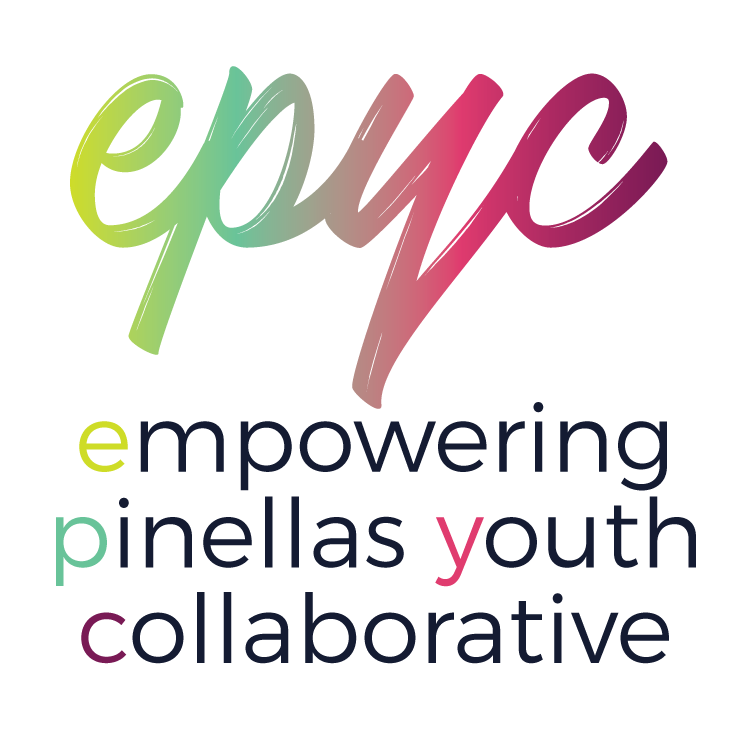Why is Comprehensive Sex Education important?
Recent research on abstinence-only programs found them ineffective, with no impact on reducing teen pregnancy, delaying sexual initiation, or reducing STIs. Multiple studies on comprehensive sexuality education have shown that young people who receive complete and accurate information about abstinence, condoms, and contraception were not more likely to acquire an STI, but were significantly less likely to be involved in teen pregnancy and were significantly more likely to use condoms once sexually active. Medical and professional organizations like the American College of Obstetricians and Gynecologists and the National Association of School Nurses are openly supporting comprehensive sex education in the United States and abroad.
What does consent have to do with sex education?
In the age of #MeToo, consent has become an important conversation at the national level and at the dinner table. Sex education is a potential vehicle to teach kids age-appropriate consent principles; this includes general concepts like personal space and boundaries to sexual consent between partners. Understanding consent from a young age can help empower students to identify and report inappropriate behavior and, potentially, sexual assault or abuse. Consent is an important part of developing and sustaining healthy relationships and keeping kids safe.
What does Inclusive Curriculum mean?
Inclusive means that the sex education curriculum provides examples and strategies that address the unique needs of LGBTQ+ students, students with disabilities, and students from different cultures. Many sex education curricula are heteronormative, meaning the curriculum only covers heterosexual relationships, despite the diversity of most student populations. Inclusive comprehensive sex education supports all youth and is recommended by Advocates for Youth, Sexuality Information and Education Council of the U.S., GLSEN, the Human Rights Campaign, Answer, and Planned Parenthood.
What does Developmentally-Appropriate mean?
Developmentally appropriate sex education uses a curriculum that meets the developmental needs of children of different ages and learning abilities. This is particularly important for students with disabilities as they are more likely to be left out of the sex education classroom. This is problematic as adolescents with intellectual disabilities are at higher risk for sexual assault, coercion, and sexually transmitted infections than their non-disabled peers. All students should have access to comprehensive sex education regardless of ability.
Eighty percent of Pinellas County residents voiced support for comprehensive sex education by age 13. Comprehensive sex education includes age-appropriate curriculum and themes including “good touch, bad touch” and personal boundaries. This is important for kids to help identify and report inappropriate behavior and keep kids safe.
What is the current sex education policy for Pinellas County Schools?
The current sex education policy states:
2417 – Human Sexuality Curriculum
The Superintendent shall recommend to the School Board a comprehensive elementary and secondary human sexuality curriculum which shall be abstinence-based. The Superintendent shall establish the Family Life Education Committee to oversee the delivery of instruction related to human sexuality, drug-use prevention, and mental health curriculum. Membership of the Family Life Education Committee shall consist of District staff with expertise in human sexuality education, community health leaders, school based administrators and teachers, and parent representatives.
Parents shall be notified in advance of human sexuality content and shall be given a chance to preview content prior to student instruction. Parents may exempt their student from part of or the entire human sexuality curriculum by written request to the principal.
What can I do to help?
We need the Pinellas County School Board to know that we support comprehensive sex education in our schools. To help make our voices heard, you can:
- Write a postcard of support for comprehensive sex education at Pinellas County Schools
- Write a letter to the editor voicing your support to a local newspaper
- Join us at a School Board meeting to speak during public comment
- Join our Collaborative
- Like and share our social media pages and content
